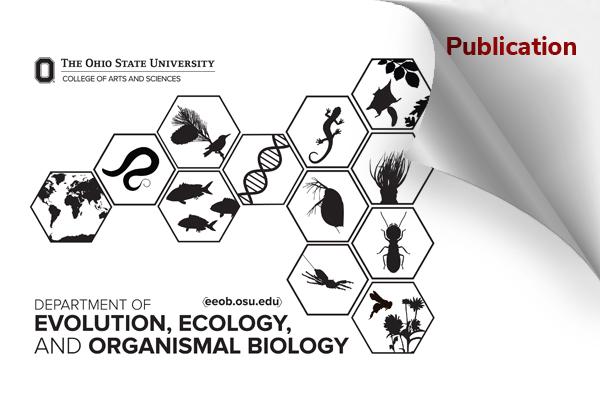EEOB Publication - Munoz-Garcia

Thermally resistant coral Stylophora pistillata survives but does not thrive under chronic elevated baseline temperature
Ann Marie Hulver, Éric Béraud, Shannon Dixon, Aurélie Moya, Rachel Alderdice, Agustí Muñoz-Garcia, Christian R. Voolstra, Christine Ferrier-Pagès, Andréa G. Grottoli. Science of The Total Environment. 2025. 180234. DOI: 10.1016/j.scitotenv.2025.180234.
Abstract
Coral reefs are threatened worldwide from unprecedented increases in ocean temperatures, resulting in corals gradually living closer to their maximum thermal threshold. With ocean temperatures expected to warm up to 3 °C by 2100, understanding the effects of chronic elevated baseline temperature is important in determining the thermal physiological limits of corals and developing realistic restoration strategies to ensure the future of coral reefs. Here, we tested the effects of 26 weeks (i.e., six months) of elevated temperatures of + 2.5 °C (27.5 °C) and + 5 °C (30 °C) above a baseline of 25 °C on surface area growth, metabolic rates, energy reserves, assimilation of heterotrophically acquired food, and Symbiodiniaceae species composition in the aquaria-reared thermally tolerant coral Stylophorapistillata sourced from the northern Red Sea. Corals initially catabolized lipids while maintaining growth after 4 weeks of elevated baseline temperatures but acclimated after only 11 weeks. However, there was evidence of a long-term cumulative impact of chronic elevated temperatures after 26 weeks at 30 °C with corals experiencing higher metabolic demand and lower growth while maintaining biomass and energy reserves. Therefore, maintenance of tissue biomass and energy reserves appears to come at the cost of skeletal accretion but allows these corals to survive changes in baseline temperatures up to 30 °C. These physiological changes were not associated with Symbiodiniaceae species composition, which remained constant throughout the experiment. We also discovered that a return to 25 °C for four weeks allowed for recovery of metabolic demand and growth. Our data suggests that chronic exposure to high, sub-bleaching temperatures, a plausible scenario in the near future, will have some negative effects on coral growth and metabolism, but not survival. Thus, while S. pistillata survives but does not thrive under projected shifts in baseline temperature, this study shows hope for acclimatization to temperature shifts expected in the next 50 years.
